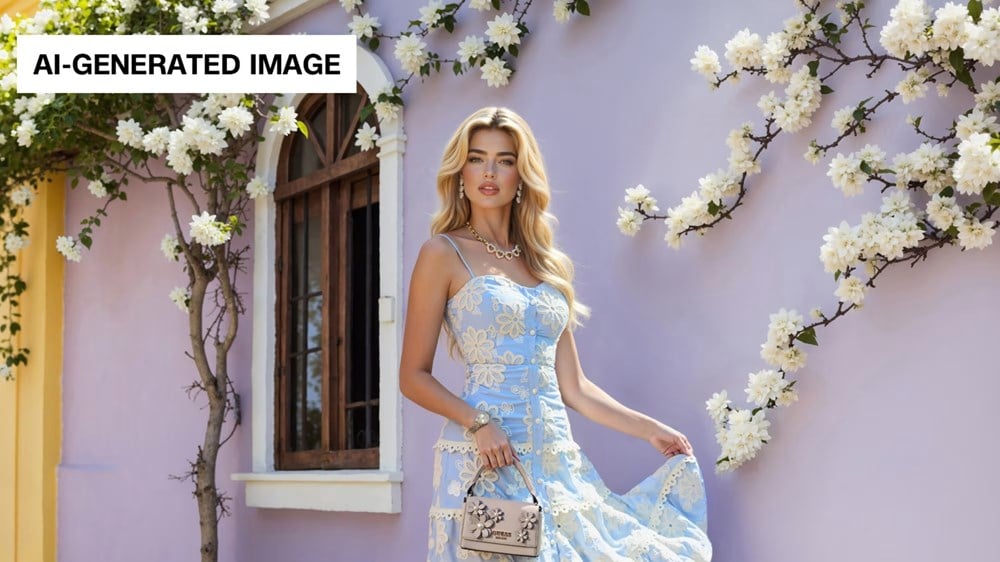
At first glance, nothing unusual appears: a white woman with wavy blonde hair, rosy cheeks, a radiant smile, wearing an elegant striped dress and a matching handbag. In another frame, she appears in a graceful floral jumpsuit that hugs her waist.
However, a small caption on the website revealed a surprising truth: the model was completely created by artificial intelligence.
It is known that the AI model images in Guess's advertisement were produced by AI marketing company Seraphinne Vallora (London), with the two main characters being Vivienne (blonde) and Anastasi (brown hair).
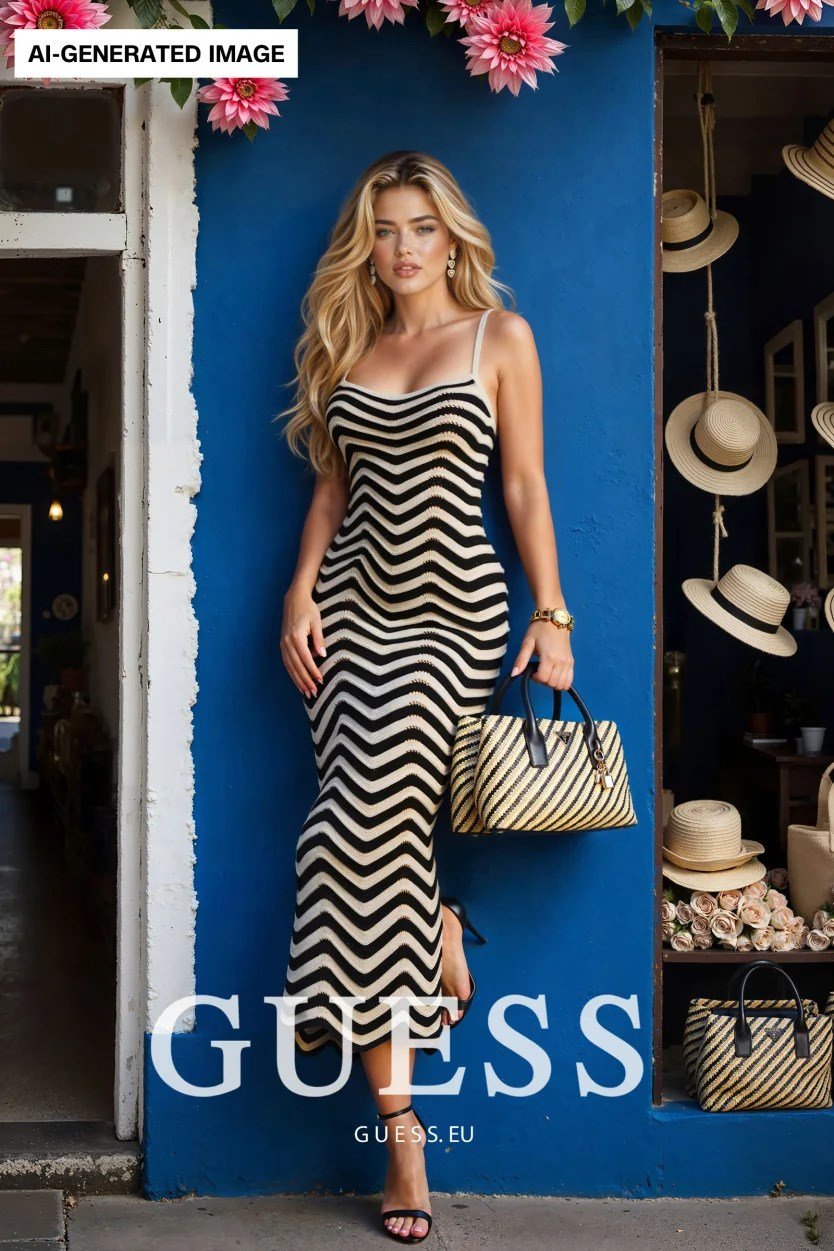
Immediately after the magazine's release, social media, especially TikTok, exploded with videos criticizing the American fashion brand's advertisement and Vogue for accepting AI-generated images.
Many people think this action is a "slap" to the fashion industry, increasing the risk of unemployment for models, photographers and stylists.
“The fact that they use fake women in their magazines is unspeakable,” lifestyle creator Payton Wickizer fumed in a video that has garnered hundreds of thousands of views.
Fashion fan Marissa Spagnoli also spoke up: “Guess seems to have forgotten the campaigns that made their name with stars like Eva Mendes and Drew Barrymore. This doesn’t make me want to buy anything from them.”
“We don’t have a shortage of models, so why do we need to use AI?” one TikTok user wrote in a comment that attracted more than 67,700 likes.
Another person was upset: “ So first normal women were comparing themselves to photoshopped models… Now we have to compare ourselves to women who don't even exist ?”
Vogue and Guess have yet to comment on this incident.
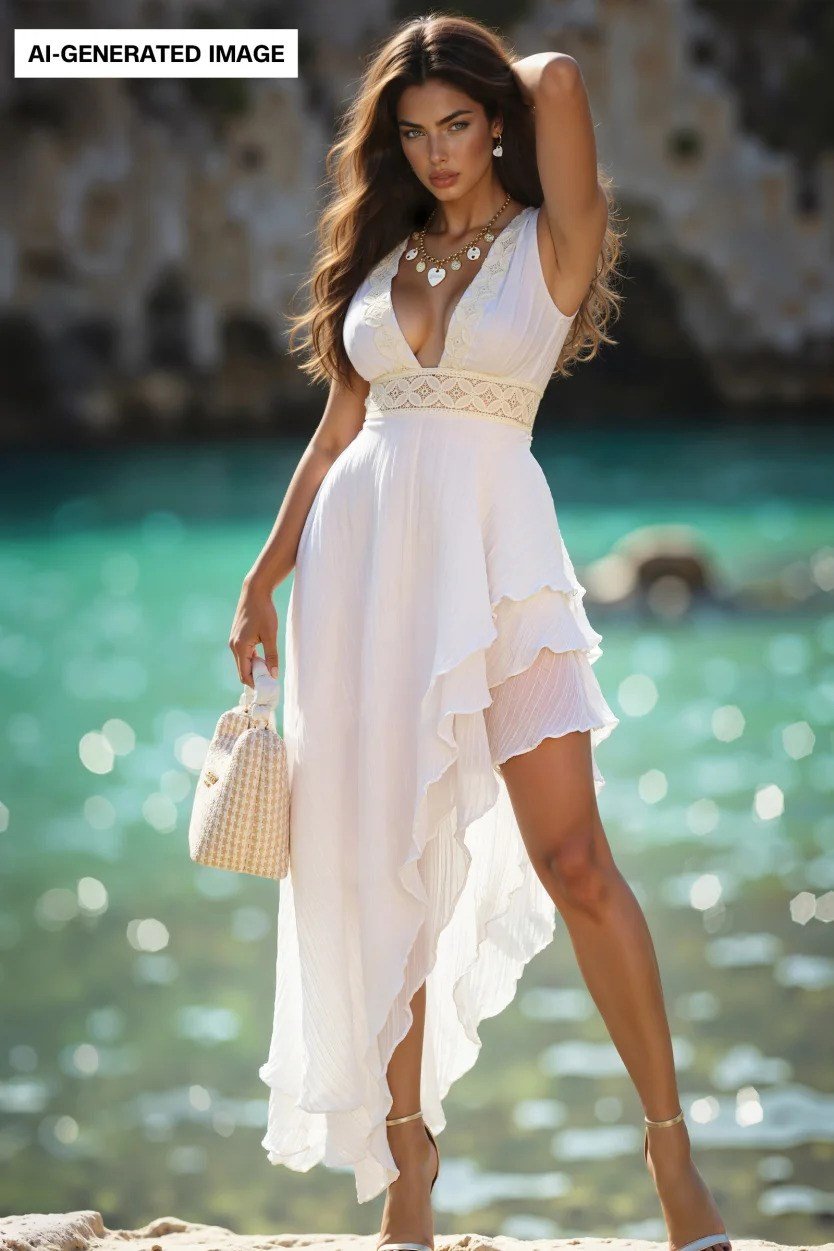
In an interview on Good Morning America , Seraphinne Vallora co-founders Valentina Gonzalez and Andreea Petrescu insisted they have no intention of replacing people in the fashion industry.
“We are here to coexist. We still believe that photography and the creative team are at the heart of fashion,” Gonzalez said. “This is just to add a new marketing direction, not to change the essence of the brand,” Petrescu added.
However, the criticism has not yet subsided. Many experts have expressed concern that unrealistic AI models are perpetuating unrealistic beauty standards that have long put heavy pressure on women, especially young people.
Psychologist Dr. Rachel Hawkins believes that frequent exposure to surreal images gradually makes them "normal," and then viewers begin to idealize unreal things, leading to feelings of inferiority and self-consciousness.
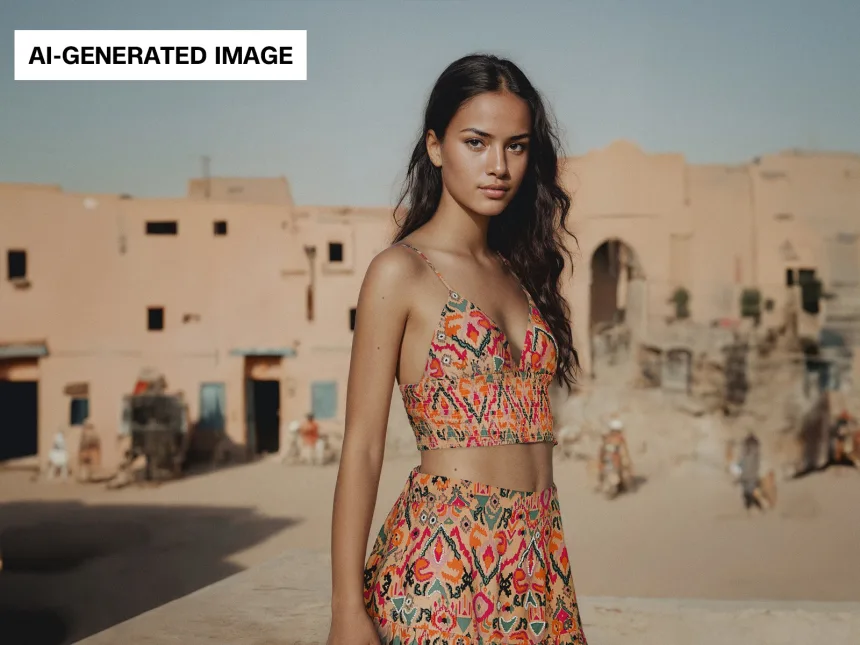
Guess isn't the only brand using AI models. Mango launched an AI-powered teen clothing campaign in July 2024, while Levi's announced it will be testing virtual models in March 2023 to increase diversity in body shape and skin tone.
However, these campaigns have also faced criticism for allegedly exploiting diverse images for profit without real investment, while threatening the livelihoods of models, photographers and creative professionals.
Source: https://baovanhoa.vn/giai-tri/guess-bi-to-phan-boi-nganh-thoi-trang-158791.html


![[Photo] Solemn opening of the 12th Military Party Congress for the 2025-2030 term](https://vphoto.vietnam.vn/thumb/1200x675/vietnam/resource/IMAGE/2025/9/30/2cd383b3130d41a1a4b5ace0d5eb989d)
![[Photo] Panorama of the cable-stayed bridge, the final bottleneck of the Ben Luc-Long Thanh expressway](https://vphoto.vietnam.vn/thumb/1200x675/vietnam/resource/IMAGE/2025/9/30/391fdf21025541d6b2f092e49a17243f)
![[Photo] President Luong Cuong receives President of the Cuban National Assembly Esteban Lazo Hernandez](https://vphoto.vietnam.vn/thumb/1200x675/vietnam/resource/IMAGE/2025/9/30/4d38932911c24f6ea1936252bd5427fa)

![[Photo] The 1st Congress of Phu Tho Provincial Party Committee, term 2025-2030](https://vphoto.vietnam.vn/thumb/1200x675/vietnam/resource/IMAGE/2025/9/30/1507da06216649bba8a1ce6251816820)
![[Photo] General Secretary To Lam, Secretary of the Central Military Commission attends the 12th Party Congress of the Army](https://vphoto.vietnam.vn/thumb/1200x675/vietnam/resource/IMAGE/2025/9/30/9b63aaa37ddb472ead84e3870a8ae825)


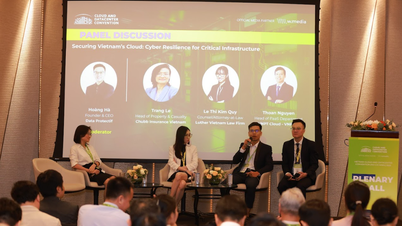


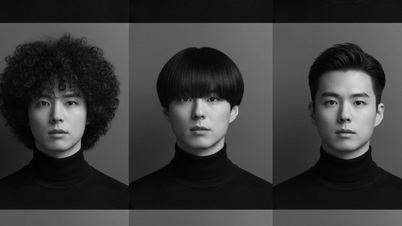

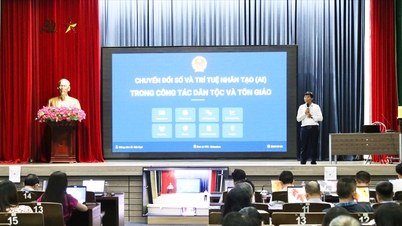
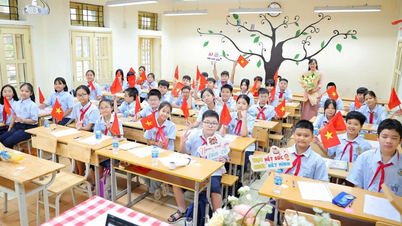



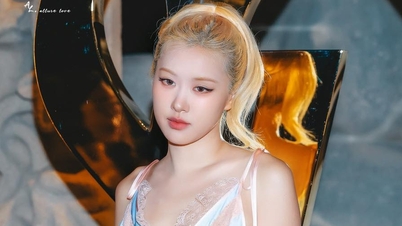
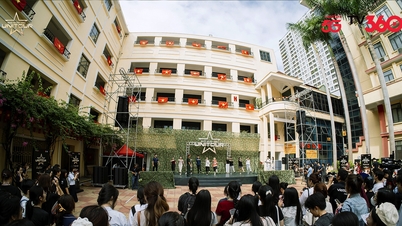


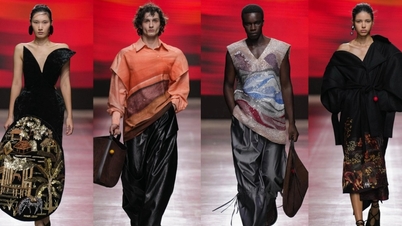




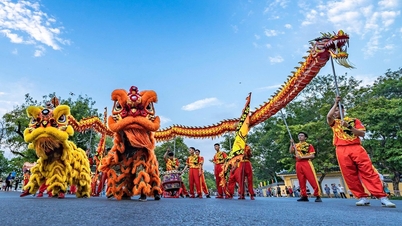
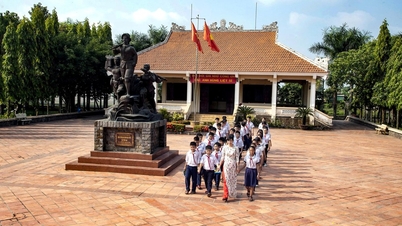
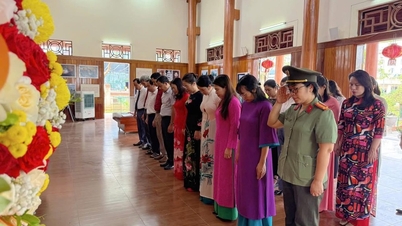
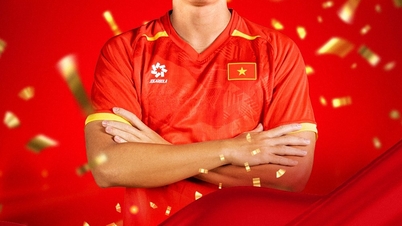

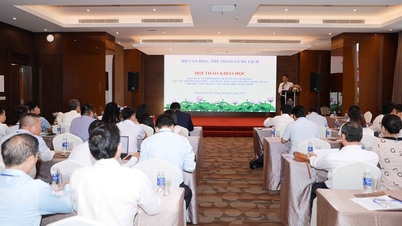














































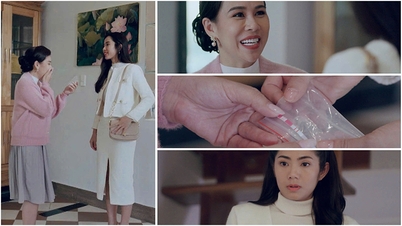

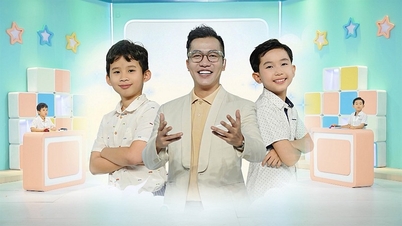

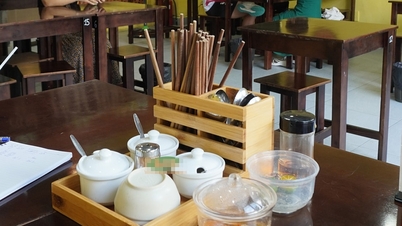


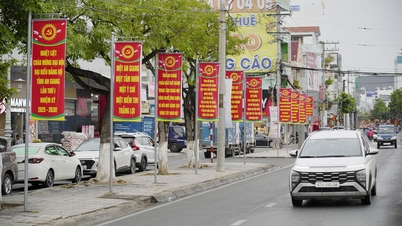











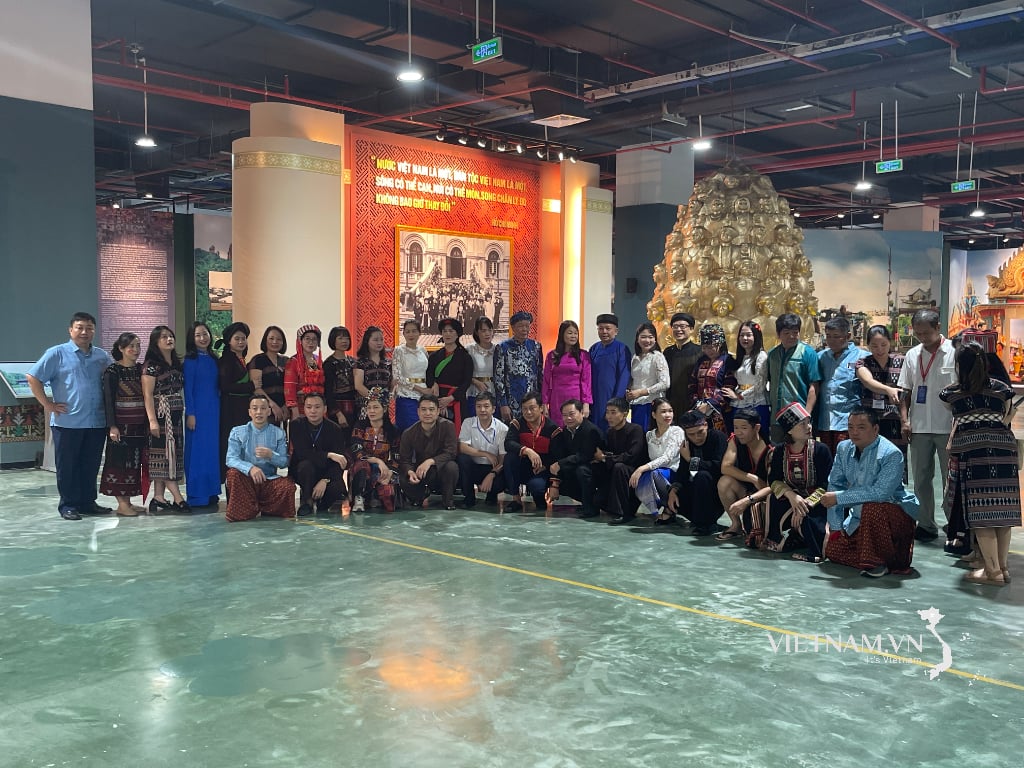



Comment (0)